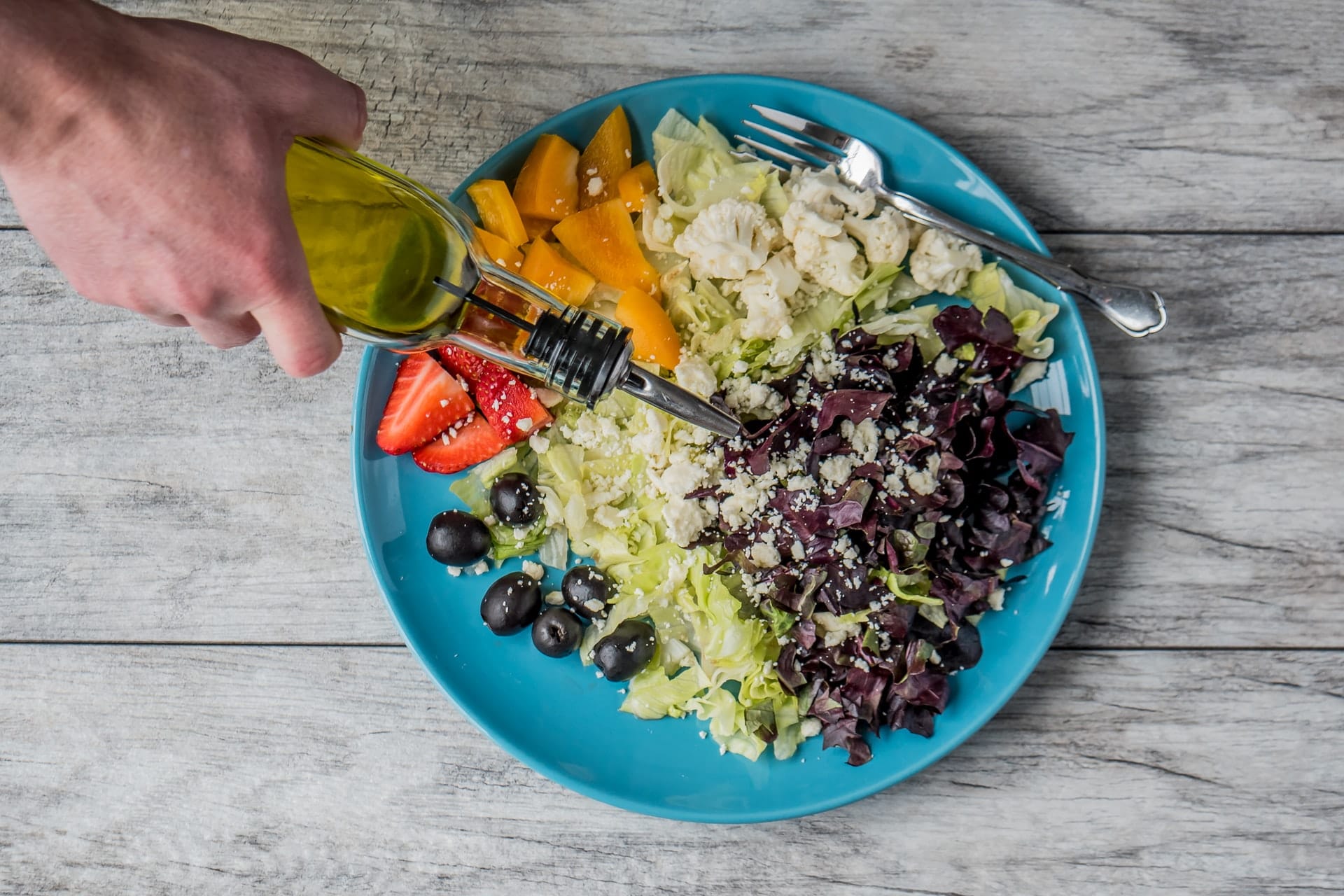We’re sure that every home cook dreams of using the healthiest oil to cook with, or the healthiest cooking oil available for the most number of dishes. We have reached a point in time where we know more about the food that we eat, as well as the ingredients that we use to prepare food. In 2020 and beyond, you should also be more health-conscious, prolong your life, and to improve your quality of life by making better choices in the kitchen. So whether you are looking for the best cooking oil for heart or the best cooking oil for weight loss, take a look at our rundown of the best cooking oils, hands down, for the global kitchen.
Best Cooking Oils Based on What You’re Cooking
Not all cooking oils are made alike, frankly speaking. In addition to knowing the health benefits of certain oils, you should be aware of the best oils based on the cooking technique that you want to use at the moment. For frying food, you need cooking oils with a high smoking point and a mostly neutral flavor.
Of course, all oils have their flavors, but the most neutral ones will allow you to fry with minimal impact on the natural flavors of the food you’re cooking. More refined oils are best for frying because a lot of the compounds that are sensitive to heat are removed during the processing and purification of the oils. Go for oils like canola oil, safflower oil, peanut oil, olive oil, and avocado oil if you are planning to fry your food.
The best oils for baking, on the other hand, are coconut oil, canola oil, and vegetable oil. These three are beautifully neutral oils, and they’re packed with omega-three fatty acids, too, for heart health. Coconut oil, specifically, provides plenty of health benefits, including heart-healthy benefits that benefit not just the heart but also other organ tissues in general. Are you searing food and not frying it? You need oils that have a high smoke point than average but will maintain their flavors well. For this type of job, you will need extra virgin olive oil, or if that isn’t available, try flaxseed oil.
Best Cooking Oils Based on Their Health Benefits
Peanut Oil or Groundnut Oil
Peanut oil is a classic companion in the kitchen, and also provides a majestic boost to the natural flavors of food. What makes peanut oil healthy is its natural content: monounsaturated fats and polyunsaturated fats. These fats have been known to naturally lower LDL or low-density lipoproteins. LDL is called bad cholesterol because it tends to aggregate along the insides of blood vessels. This poses a stroke or heart attack risk to people over time. The more LDL you have in your bloodstream at any one time, the higher your risk for cardiovascular problems and fatal conditions that may cause you to die younger. Peanut oil also contains vitamin E, which is a natural blood thinner and is also an excellent antioxidant agent in the body. Peanut oil is low in saturated fats and does not contain any harmful trans-fat, unlike stuff like margarine, which may taste good, but are filled with saturated fat and trans-fats.
Olive Oil
Extra-virgin olive oil and olive oil are both excellent for the heart. EVOO is more expensive because it is considered the first press. At the same time, all other olive oil variants are made after the initial pressing, which is said to extract the best quality oil and nutrients from the harvested olives. The main type of beneficial fat in olive oil is monounsaturated fatty acids. Medical science loves monounsaturated fatty acids because they work to preserve the health of your heart by keeping LDL at bay. Olive oil is also quite versatile in the kitchen, which makes it doubly useful if you are shifting to olive oil from your previous choice of fat while cooking. It is never too late to make healthier choices in the kitchen.
Rice Bran Oil
Rice bran oil is considered the wonder kid of cooking oils because it has a nice balance of polyunsaturated fats and monounsaturated fats. This type of cooking oil is extracted from the outer hull of the rice grain before it is shed off to reveal the white core inside. Flavor-wise, people love rice bran oil because it has a very mild taste/flavor profile, which makes it excellent for applications like sautéing and as a vinaigrette for salads. If you need neutral oil for grilling, making sauces, and the like, rice bran oil is a good choice.
Canola Oil
Canola oil is wickedly effective in the kitchen and has a high smoking point, which makes it ideal for baking and frying. Canola oil is generally low in saturated fats, and price-wise it’s one of the most affordable. So if you need a healthy oil, but EVOO is too pricey for you, pick among the ones that we’ve listed here like peanut oil and canola oil, and you’re sure to be on the heart-friendly side of the spectrum of available cooking oils. Is canola oil healthy for the heart? Yes, it is – and as long as the cooking oil is low in saturated fats and trans fats, your heart is healthier after the meal.
Avocado oil
If you are avoiding the saturated fats present in coconut oil (this does not degrade coconut oil, though), go for avocado oil instead. Avocado is naturally rich in plant oils, so each one provides a large quantity of usable cooking oil for the masses. The main advantage of using avocado oil is its high smoking point (up to 400 degrees Fahrenheit), and it hasn’t undergone as much processing as, say, canola oil. Take note that avocado oil is best for frying, but you will be able to use it successfully for alternate cooking methods because of its high smoking point.

